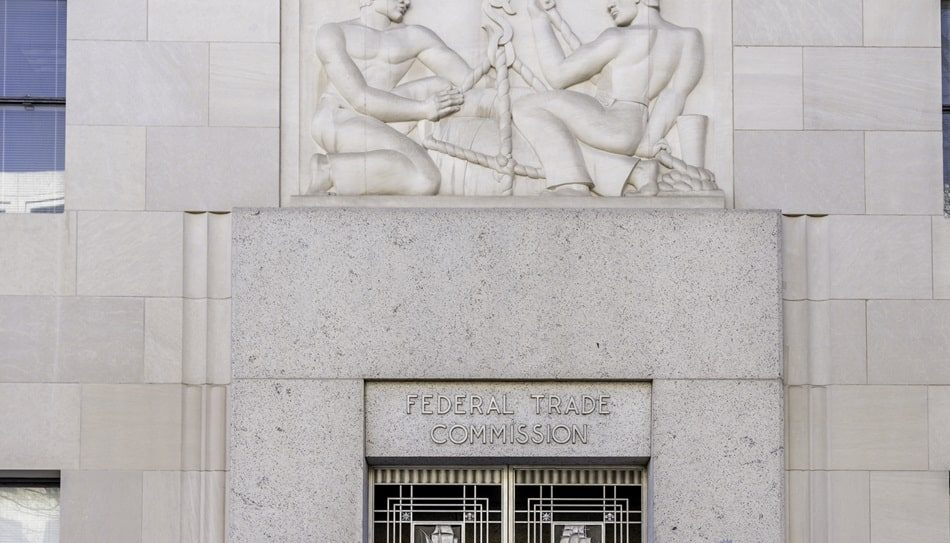A US federal judge has ruled noncompete agreements are unenforceable in a sweeping ruling that could have massive implications for the American labor market.
The decision challenges the legality of these widely used contractual clauses. It marks a potential turning point in how companies manage their workforces and how employees navigate their careers.
Non-compete agreements restrict employees from joining or starting competing businesses for a certain period after leaving their jobs. They have been a contentious issue in employment law. The judge’s ruling could lead to a broader reexamination of the agreements across the United States.
The Details of the Ruling
A Victory for Worker Rights
The ruling was handed down by Judge Samantha Reynolds of the U.S. District Court. It centers on the argument noncompete agreements unfairly limit workers’ ability to find new employment.
Judge Reynolds emphasized the agreements often place an undue burden on employees, particularly in industries where specialized knowledge and skills are highly valued.
She said:
“Noncompete agreements have historically been used to protect legitimate business interests, such as trade secrets.
“However, they have increasingly become tools for restricting worker mobility and suppressing wages, which is contrary to the principles of a free and competitive labor market.”
The decision reflects growing momentum against noncompete clauses.
By invalidating these agreements, the ruling opens the door for greater job mobility and could empower employees to negotiate better terms with their employers.
Potential Nationwide Impact
While the ruling currently applies to the specific case brought before the court, its implications are likely to resonate far beyond.
Legal experts suggest the decision could prompt a wave of similar challenges across the country. This could lead to a lot of action in states where noncompete agreements have traditionally been enforced with few restrictions.
It could also influence legislative efforts at both state and federal levels. Lawmakers could consider whether to introduce new regulations to limit or ban noncompete agreements altogether.
Several states, including California, have already enacted laws that heavily restrict the use of such agreements.
Industry and Legal Reactions
Business Community Concerns
The decision has sparked concern among businesses, particularly those in sectors where noncompete agreements are prevalent. Many companies argue the agreements are essential for protecting trade secrets, maintaining customer relationships, and ensuring employees do not take information to competitors.
Industry groups have warned without the ability to enforce noncompete agreements, companies may be less willing to invest in employee training and development. This is due to the fear workers could easily leave for competitors.
They also argue the ruling could lead to a surge in employee turnover, increasing operational costs and disrupting business continuity.
Several business associations have already announced plans to appeal the decision. They argue it undermines the rights of employers to protect their legitimate business interests.
These groups are calling for a more balanced approach considering the rights of workers and the needs of businesses.
Need Career Advice? Get employment skills advice at all levels of your career
Advocacy Groups Applaud the Decision
Worker advocacy groups have hailed the ruling as a major victory for employee rights. These organizations have long argued noncompete agreements disproportionately harm lower-wage workers. They say they stifle entrepreneurship by making it difficult for employees to start their own businesses.
Maria Flores, spokesperson for the Worker Rights Coalition, said:
“Today’s ruling is a significant step forward in the fight for economic justice.
“By striking down non-compete agreements, the court has affirmed that workers should have the freedom to use their skills and knowledge to advance their careers and improve their livelihoods.”
The groups are now pushing for federal legislation that would ban noncompete agreements nationwide.




